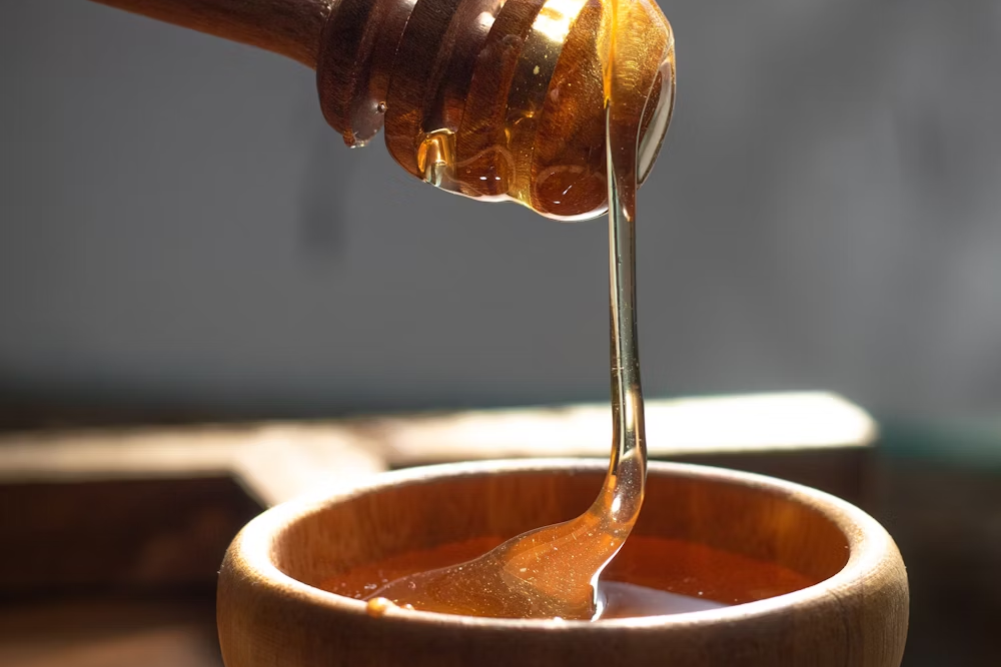The Connection Between Gut Microbiome Health & Wellbeing
Explore the intricate link between gut health and overall wellbeing. Learn how a diverse gut microbiome influences immunity, mood and more. Discover expert insights and strategies for nurturing your gut for a healthier you.
Within the complex ecosystem of the human body, the gut, a vast community of trillions of microorganisms residing in the gastrointestinal tract, plays a key role in shaping our general health and wellbeing.
Beyond its primary function of aiding digestion, our gut has far-reaching effects on various aspects of physical and mental wellness. This article explores the relationship between gut health and overall wellbeing, shedding light on how this intricate system influences our lives.
So, let’s start with the basics.
Aubrey Levitt, Researcher and Leading International Expert on the Gut Microbiome, explains: “Tons and tons of healthy, different kinds of bacteria all work together. It’s like having a soccer team where each player fills a valuable position. A diverse gut is a healthy gut; it should contain a wide variety of bacteria that feed on healthy fibres and create numerous beneficial byproducts essential for health. For example, a healthy gut produces vitamins like B and K. Butyrate is a byproduct of gut bacteria that can be anti-inflammatory and support a healthy gut lining, preventing a leaky gut. The bacteria in a healthy, diverse gut crowd out infections by fighting for resources, tuning the immune system, and creating antibiotic-like products that target pathogens.”
A healthy gut can contribute to a balanced immune response, helping prevent the production of harmful pathogens and inflammation. These disruptions to your gut health can play a vital role in your daily mood regulation and mental health, and have been linked to conditions like anxiety or depression. They can extend their impacts to other areas, such as weight management, skin health, allergies and sleep quality. Here we explain more:
The Immune System: Guardians of Health
The gut and the immune system maintain a dynamic partnership. A thriving gut flora supports a strong immune response, preventing the overgrowth of harmful pathogens. A disrupted microbiota, however, can weaken the body’s defences and contribute to various diseases/illnesses.
Mood and Mental Health: The Gut-Brain Connection
Gut microbiota has the power to affect neurotransmitter production, impacting mood regulation. Imbalances in gut bacteria have been linked to conditions such as anxiety, depression and neurodegenerative disorders.
Tribiotics – the Evolution of Pre, Pro and Post Biotics
Tribiotics can be broken down into three core elements: prebiotics, probiotics, and postbiotics, each there for a specific task. The Prebiotics are the food and fuel for the bacteria in our gut to stay healthy. Probiotics are healthy bacteria that crowd out pathogens, support healthy immune function and healthy gut diversity. Lastly, postbiotics ae products created by healthy bacteria that are necessary for our overall gut health.
So, what can you do to help your microbiome health? Nurturing the gut is pivotal for overall wellness. Incorporating these practices can support a thriving gut microbiome:
- Balanced Diet: Consume a diverse range of wholefoods rich in fibre, promoting a varied gut microbiota.
- Tribiotics: take a tribiotic health supplement if you struggle to consume adequate amounts of pre, pro and post biotic rich foods.
- Gut Friendly Foods; Incorporate fermented foods, garlic, kiwi fruit, onions and bananas to nourish friendly gut bacteria.
- Hydration: Stay adequately hydrated to aid digestion and nutrient transport.
- Stress Management: Practise mindfulness, meditation, and exercise to manage stress and support gut health.
International Microbiome and Postbiotics Expert Aubrey Levitt, explains:
“When it comes to drugs and supplements, the health industry hasn’t been building complete products. We’ve been fixing holes rather than looking at what’s wrong with the underlying structure. As we learn more about this specialist area of health, what’s missing are medicinal formulas that address the full function of a healthy gut microbiome. When you have good bacteria in your gut that are being correctly nourished, it can help to keep you healthy in so many different ways.”
This is where Tribiotic Gut Shield steps in. Australia’s first tribiotic health supplement contains pre, pro and postbiotics which, when combined, create a Tribiotic compound. What makes it so special is its not-so-secret ingredient, Livax®. Which is a clinically studied, trademarked ingredient made from the pulp of the New Zealand Golden kiwifruit, commonly referred to as a ‘superfood.’ This is freeze-dried into a powdered form for Theronomic. It feeds a wide range of probiotics within the digestive tract and the kiwifruit pectin is slowly fermented along the entire length of the colon, which has benefits for the whole microbiome. Additionally, Tribiotic Gut Shield contains 15 probiotics and 5 postbiotics mentioned in over a thousand clinical publications. These live ingredients work together to support overall GI health, weight loss, heart health, immune health, and prevent infection.
“This Tribiotic effect creates a complete medicinal formula containing all the elements needed to support a diverse, healthy gut.”
Learn more here www.theronomic.com
Tribiotic Gut Shield is vegetarian, hypoallergenic, Kosher and Halal certified.

Aubrey Levitt, Researcher and Leading International Expert on the Gut Microbiome
While the information is based on material provided by researchers, the article does not presume to give medical advice. Be sure to consult your physician before beginning any therapeutic program.








